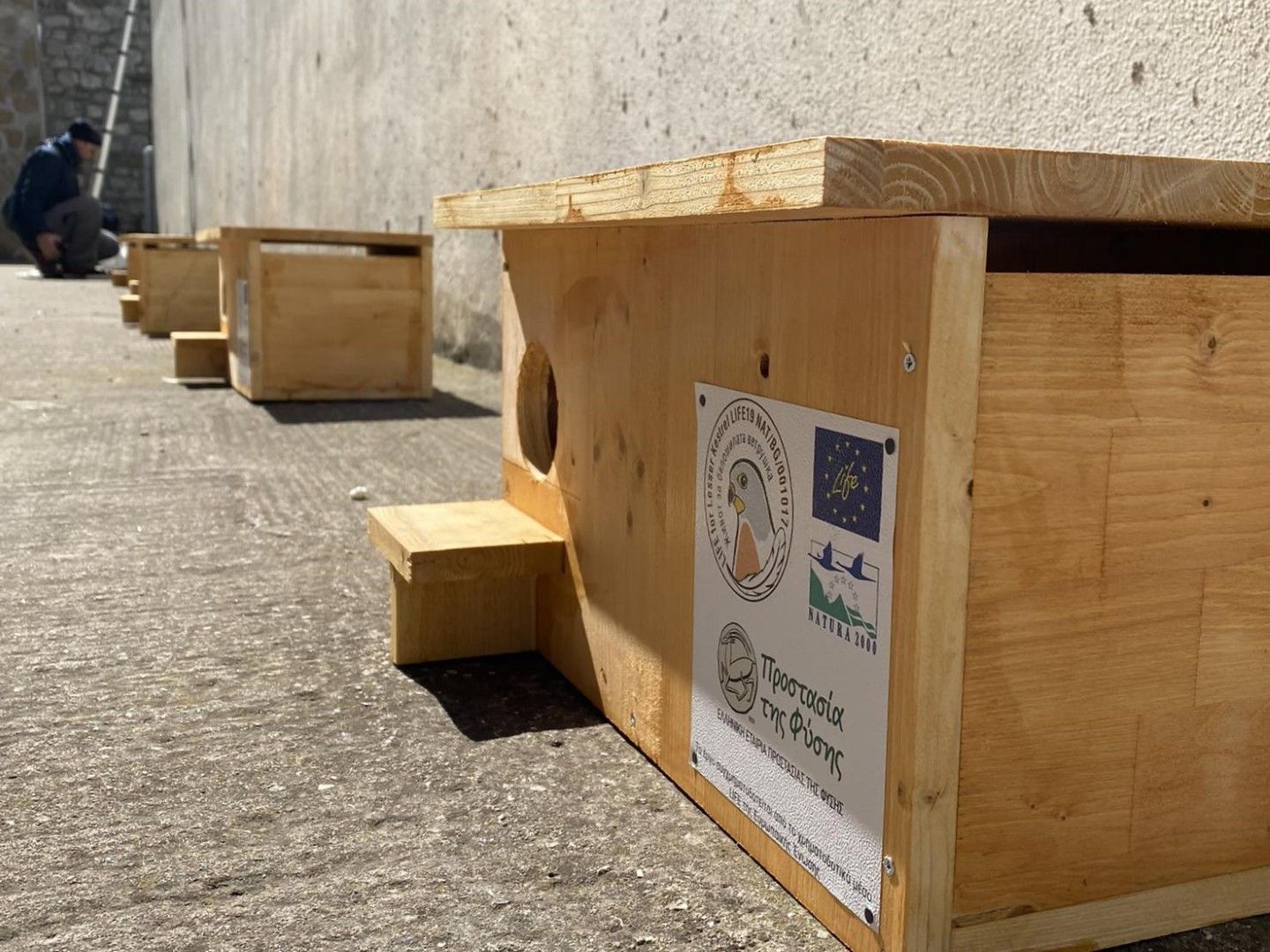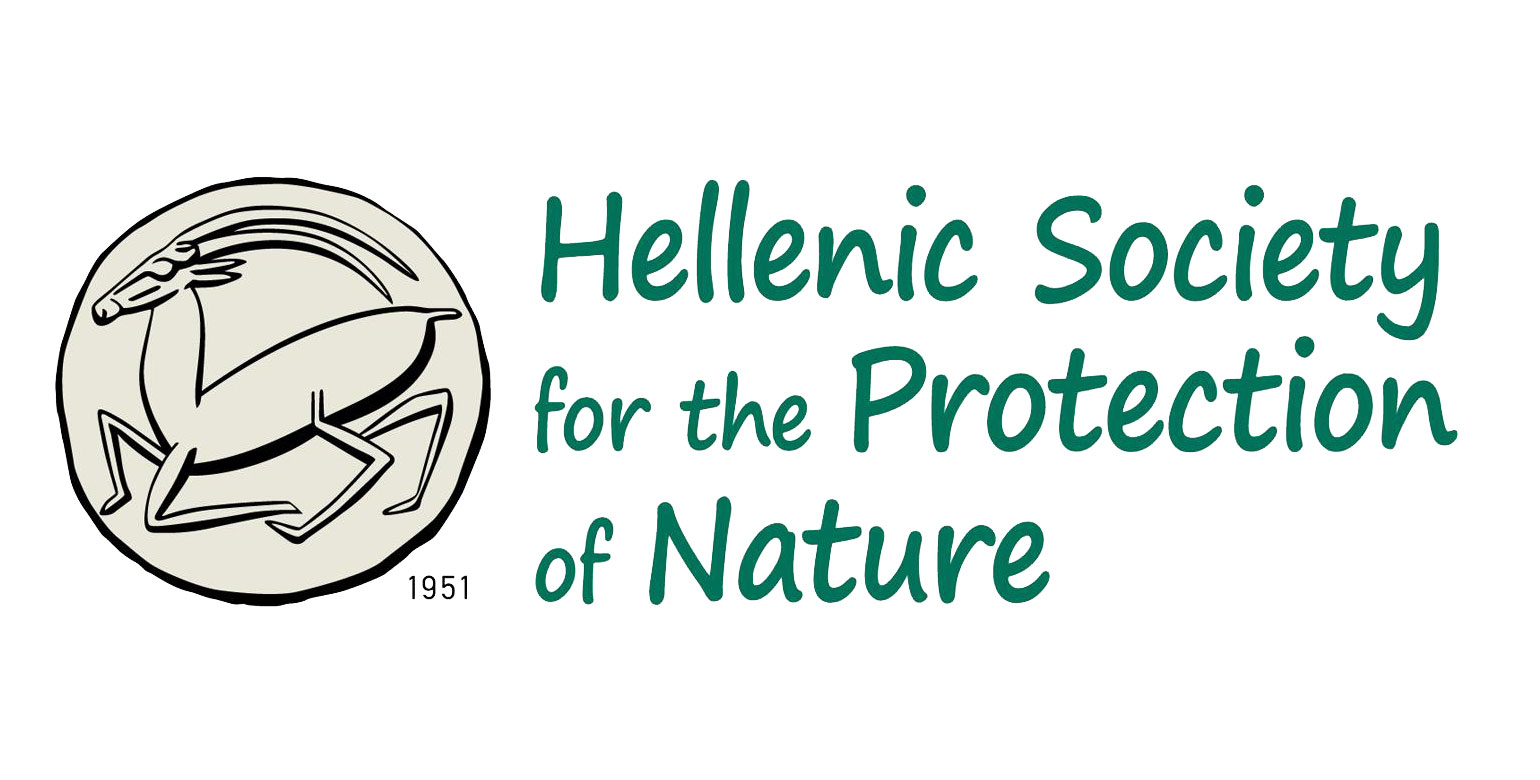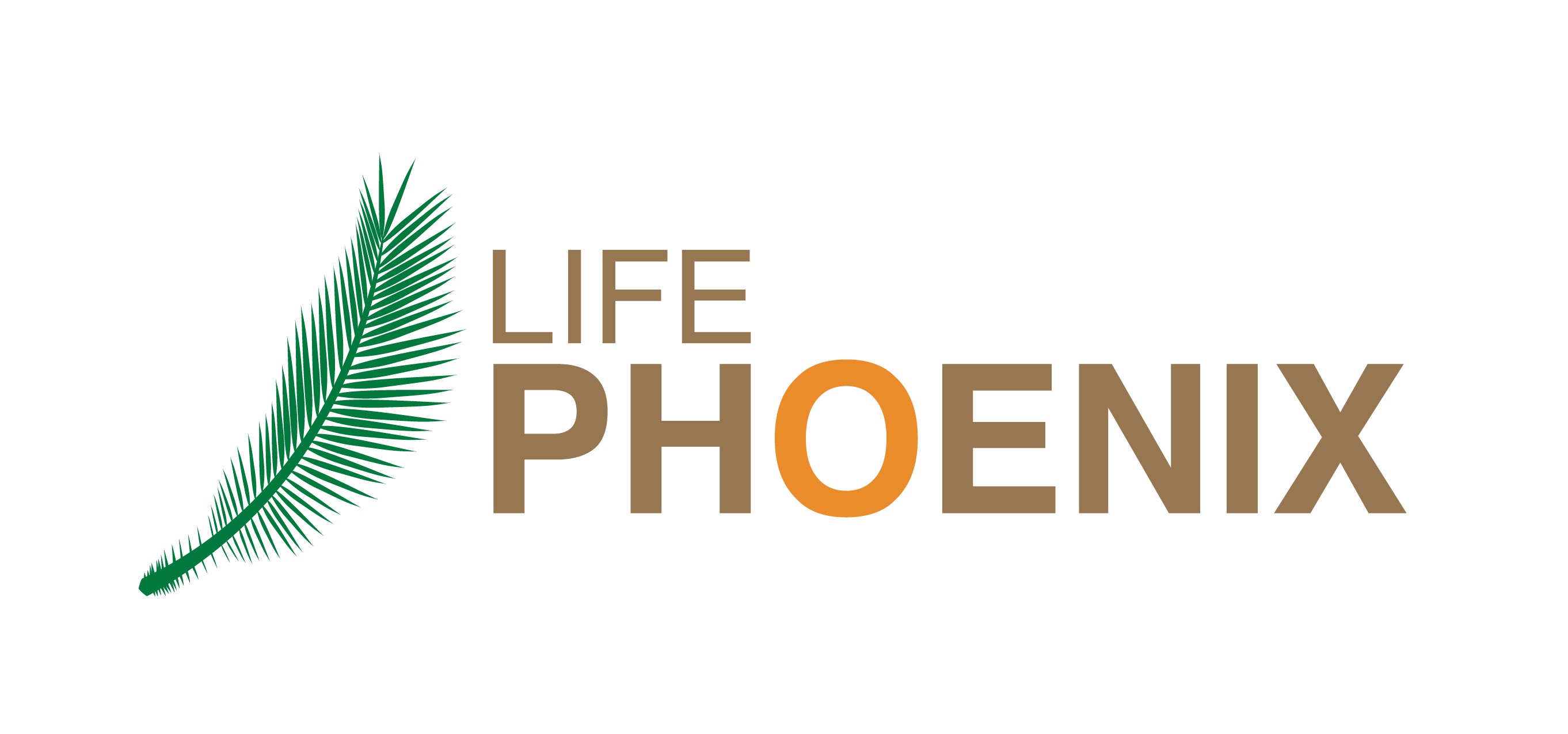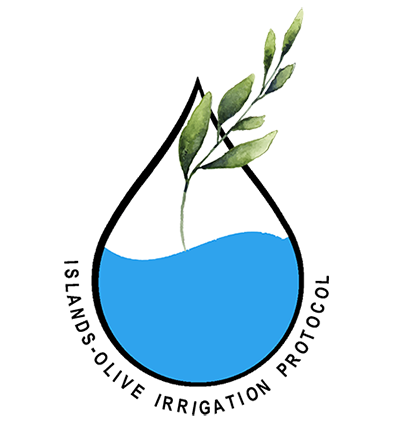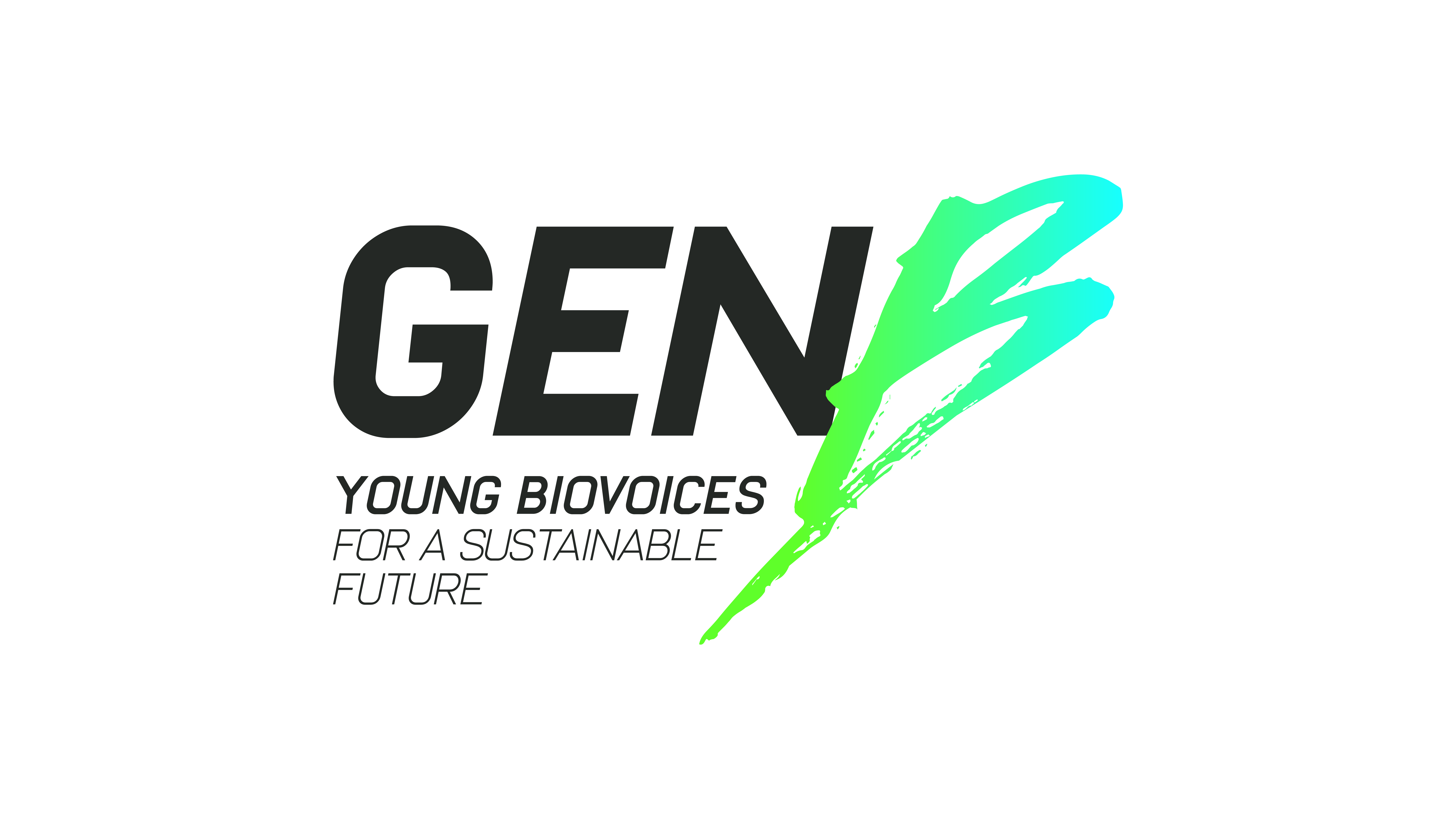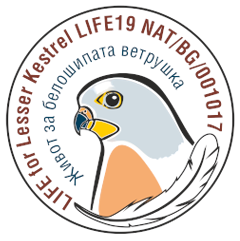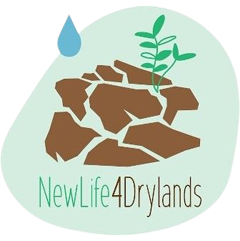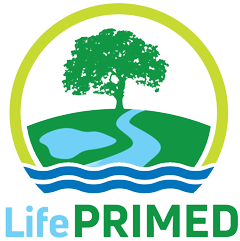LIFE PHOENIX
The HSPN participates in the five-year project “Restoration and improvement of Priority Habitat 9370* Palm groves of Phoenix - LIFE PHOENIX-”, which aims to improve the conservation status of Priority Habitat 9370* in the Gran Canaria Island and Crete.
In particular, it seeks:
- The development of an integrated strategy that will include mitigation of the main generic risks, such as drought, forest fires, overgrazing, visitor/anthropogenic pressures, hybridization.
- The restoration of naturally occurring palm trees through appropriate management techniques.
- The prevention and control of pests and IAS.
- The successful reforestation, environmental governance and awareness raising.
The intervention rational of LIFE PHOENIX is based on providing strategic conservation action lines for each of the threats identified in both countries, including a number of cross-cutting actions (e.g., habitat restoration and reforestation, governance, awareness raising) that will help to minimise several threats simultaneously.
The project is coordinated by the Spanish GESPLAN; co-beneficiaries include HSPN, the Ministry of Environment and Energy, the University of Crete, and Homeotech in Greece, and from Spain the Cabildo de Gran Canaria, the General Directorate of Agriculture and Rural Development, the Institute of Agricultural Research of the Canary Islands and the University of Las Palmas of the Canary Islands in Spain.
For more information visit the project website.
Funded by the European Union. Views and opinions expressed are however those of the author(s) only and do not necessarily reflect those of the European Union or of the granting authority. Neither the European Union nor the granting authority can be held responsible for them.
I.Ο.S.P.
The HSPN participates in the 4-year project " Agricultural practices protocol in olive cultivation of island regions, specifically in Lesvos and Crete islands, for water efficiency and addressing reduced productivity", funded by the Rural Development Programme (NSRF 2014-2020), which aims to contribute significantly to the more efficient use of irrigation and to support the transition to a climate change resilient agriculture.
In particular, it seeks to:
- the creation of a protocol, which will be implemented through the development of specific software, delivering a dual objective:
- the management of reduced reserves and low quality of irrigation water in the Aegean Island region,
- addressing the reduced productivity in olive cultivation through the application of good agricultural practices.
The project is coordinated by the Hellenic Agricultural Organization "DEMETER" (HAO - DEMETER) - Institute of Olive, Subtropical Plants and Vine; co-beneficiaries include HSPN, the Institute of Soil and Water Resources (HAO - DEMETER), the Union of Agricultural Cooperatives Meramballou S.A., SCIENTACT S.A., MODOUSA S.A., and Tepes Farm.
GenB
The GenB project aims to educate and empower Generation Bioeconomy (GenB), which is informed, aware and interested in environmental issues, sustainability and circularity.
In particular, it seeks to:
- Co-create innovative approaches, materials and tools to provide educational and information tools on the bioeconomy through collaboration between children, young adults, parents, teachers and other representatives of formal and non-formal education,
- Raise awareness among pre-school, primary and secondary school students about the environmental, social and economic benefits of a sustainable and circular bioeconomy,
- Increase the interest of younger generations in education and training in life sciences, technology and the bioeconomy
- Empower young people to take an active role in order to accelerate the transition to more sustainable behaviours, consumption patterns and lifestyles.
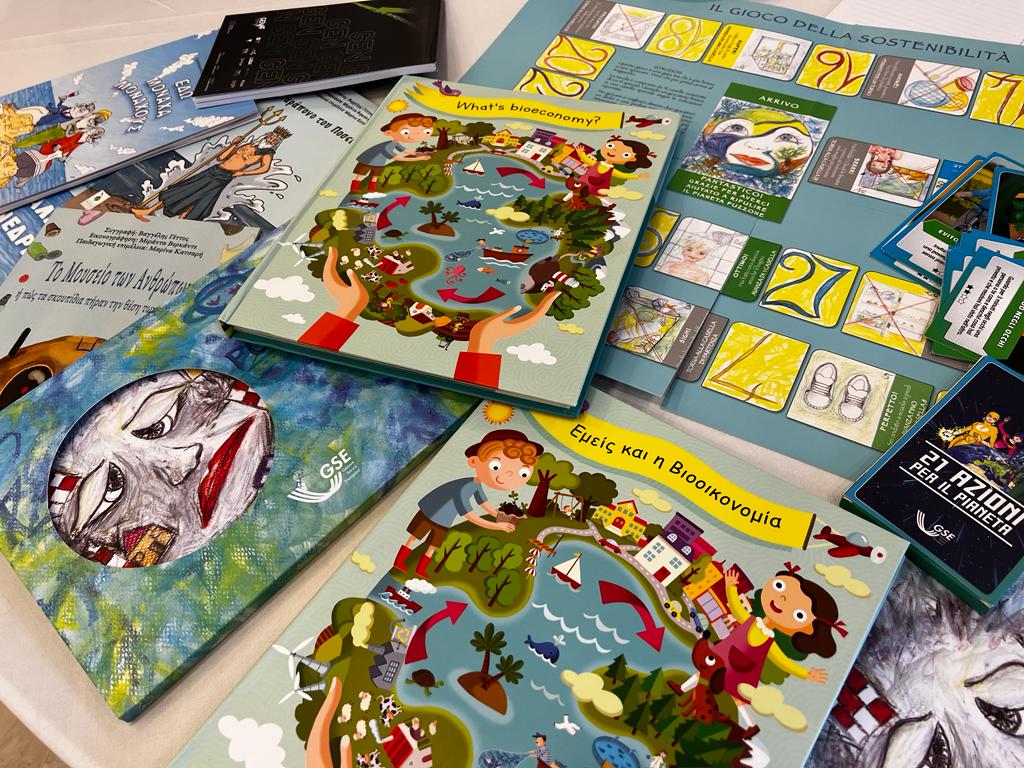
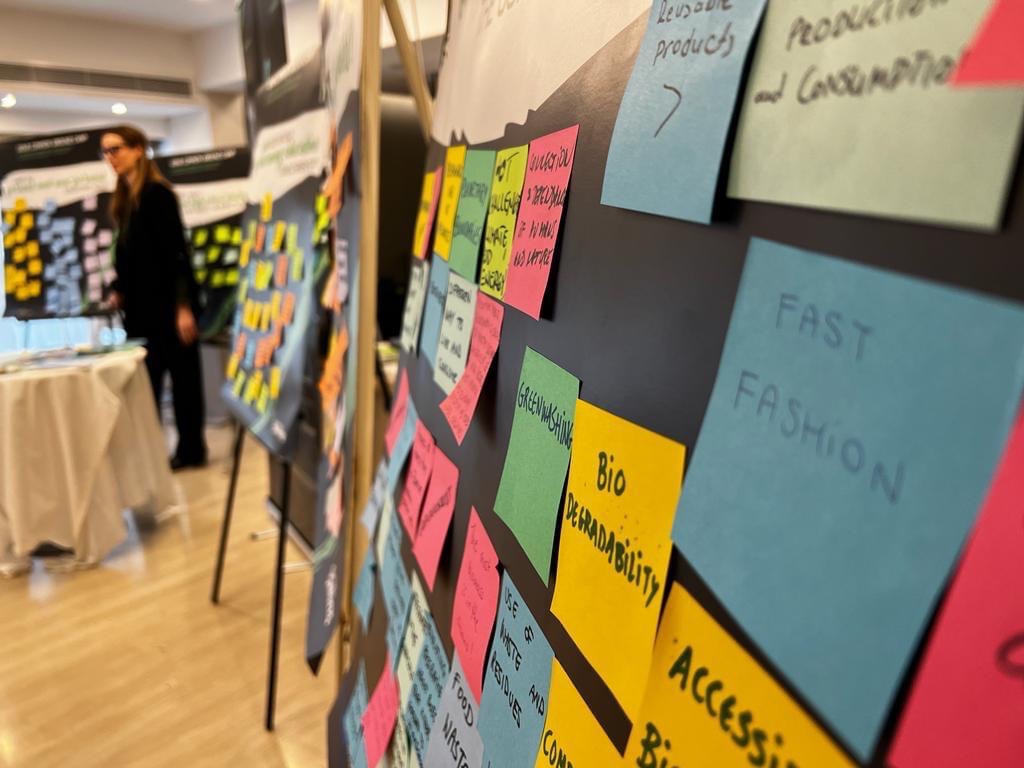
GenB, which started in November 2022, is a 30-month project funded by Horizon Europe, the European Union's research and innovation funding programme.
The project is coordinated by the Agency for the Promotion of European Research (APRE) (Italy). In addition to the Hellenic Society for Nature Conservation, BTG (The Netherlands), LOBA (Portugal), PEDAL (Slovakia), EUN (Belgium), ZSI (Austria), AIJU (Spain), Q-PLAN (Greece), FVA (Italy) are participating in the project.
For more information visit the project website
LIFE for Lesser Kestrel
The Project LIFE19 NAT/BG/001017 ”LIFE for Lesser Kestrel” is co-financed by the European Union Life Financial Instrument. This 5-year project targets the Lesser Kestrel (Falco naumanni), included in Annex I of the Birds Directive and in the Ornis Committee list of priorities birds. The project’s targets are the connection of all the subpopulations in Greece and Bulgaria and an overall increase and improvement of the species’ status in the South East Balkans. The overall goal is to expand the nesting distribution of the species ensuring the existence of independent colonies. The existence of at least two linked population cores in the project countries is a prerequisite for survival if an accident, illness, predator attack, natural disaster, etc. occurs in one of the subpopulations. It will aid the propagation of the birds in a wider area and will improve the conditions for future natural recolonization of the species from restored/established colonies. Key objectives are: to halt the decline and improve the species conservation status not only in Bulgaria and Greece (especially in NATURA 2000 sites), but also in the entire southeastern Balkans; to stabilize and strengthen the newly established Lesser Kestrel colony in Bulgaria; to assist the natural expansion and recolonization; to gather data and assist the conservation of the scattered colonies in different countries in the southeastern Balkans; to demonstrate and further encourage sustainable arable land management of key Lesser Kestrel foraging habitats; to replicate, further develop and improve the best Lesser Kestrel reinforcement practices in Bulgaria and Greece, transferring experience of other EU countries and LIFE projects. The coordinating beneficiary is Green Balkans (Bulgaria) and the partners are HSPN and University of Thessaly (Greece).
For more information visit the project website
NewLife4Drylands
The Project LIFE20 PRE/IT/000007 ”NewLIFE4Drylands” is co-financed by the European Union Life Financial Instrument. The HSPN is a partner in this 3- year LIFE project, aiming to monitor the application, scalability and replication of Nature-Based Solutions (NBS) for restoration of degraded and desertified drylands. The project will provide, by using Remote Sensing techniques, a framework and a protocol for: identifying dryland characteristics; identifying sustainable solutions that could be successfully implemented in degraded drylands, e.g. to improve vegetation cover and productivity in areas vulnerable to ongoing desertification; mid- and long-term monitoring of interventions in desertified lands, to better evaluate restoration effectiveness and improve sustainable soil management. The NBS protocol will be based on high resolution Earth Observation data and Remote Sensing methodologies, compensating for the lack of long-term, reliable and homogeneous local information, and providing a clear, specific and cost free assessment of restoration processes, useful for further decision-making.
LIFE PRIMED
The Project LIFE17 GIE/GR/000511 ”LIFE PRIMED” is co-financed by the European Union Life Financial Instrument. The HSPN is the coordinating beneficiary of this 5-year LIFE+ project for the protection of priority habitats and species in two Natura 2000 sites, one in northern Greece (Nestos Delta), and another in central Italy (Palo Laziale). Goals include conservation and restoration of riparian forests and Mediterranean temporary ponds, protection of priority fauna species, support of local producers, and promotion of ecotourism. The other beneficiaries are the Institute for Mediterranean Forest Ecosystems, and the Management Body of Nestos-Vistonida-Ismarida and Thasos from Greece, and the Sapienza University of Rome and ARSIAL from Italy.
For more information visit the project website



